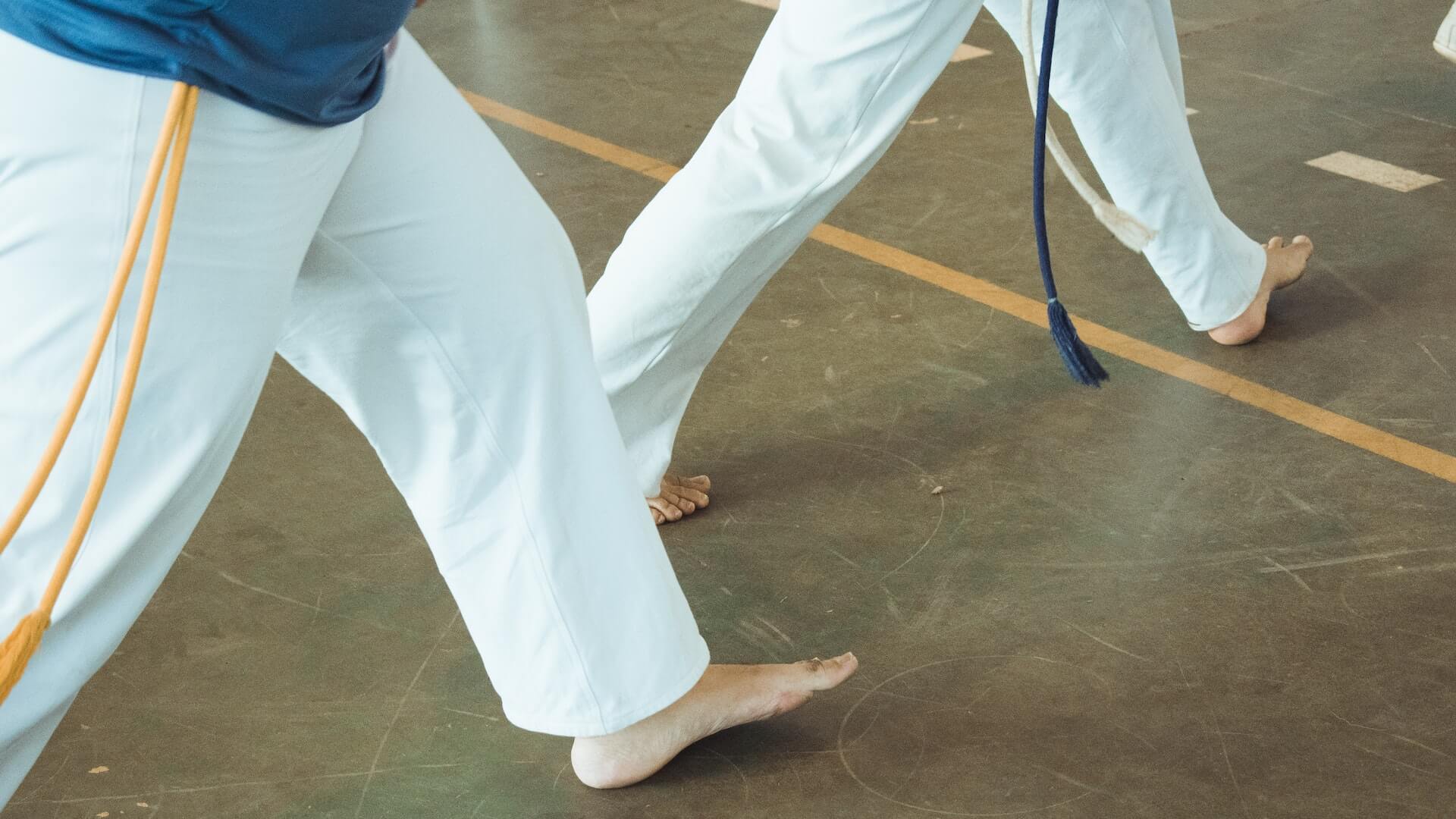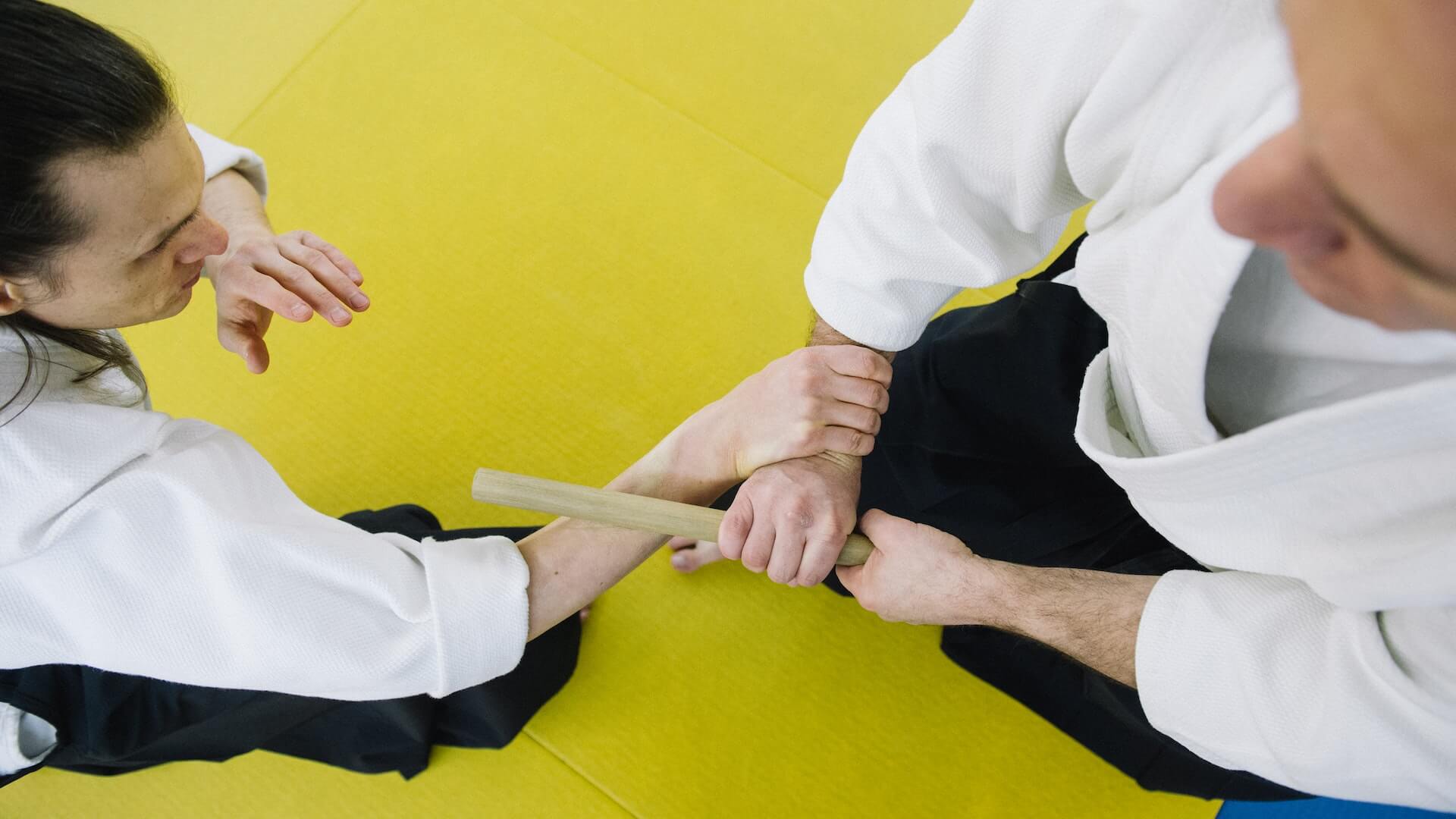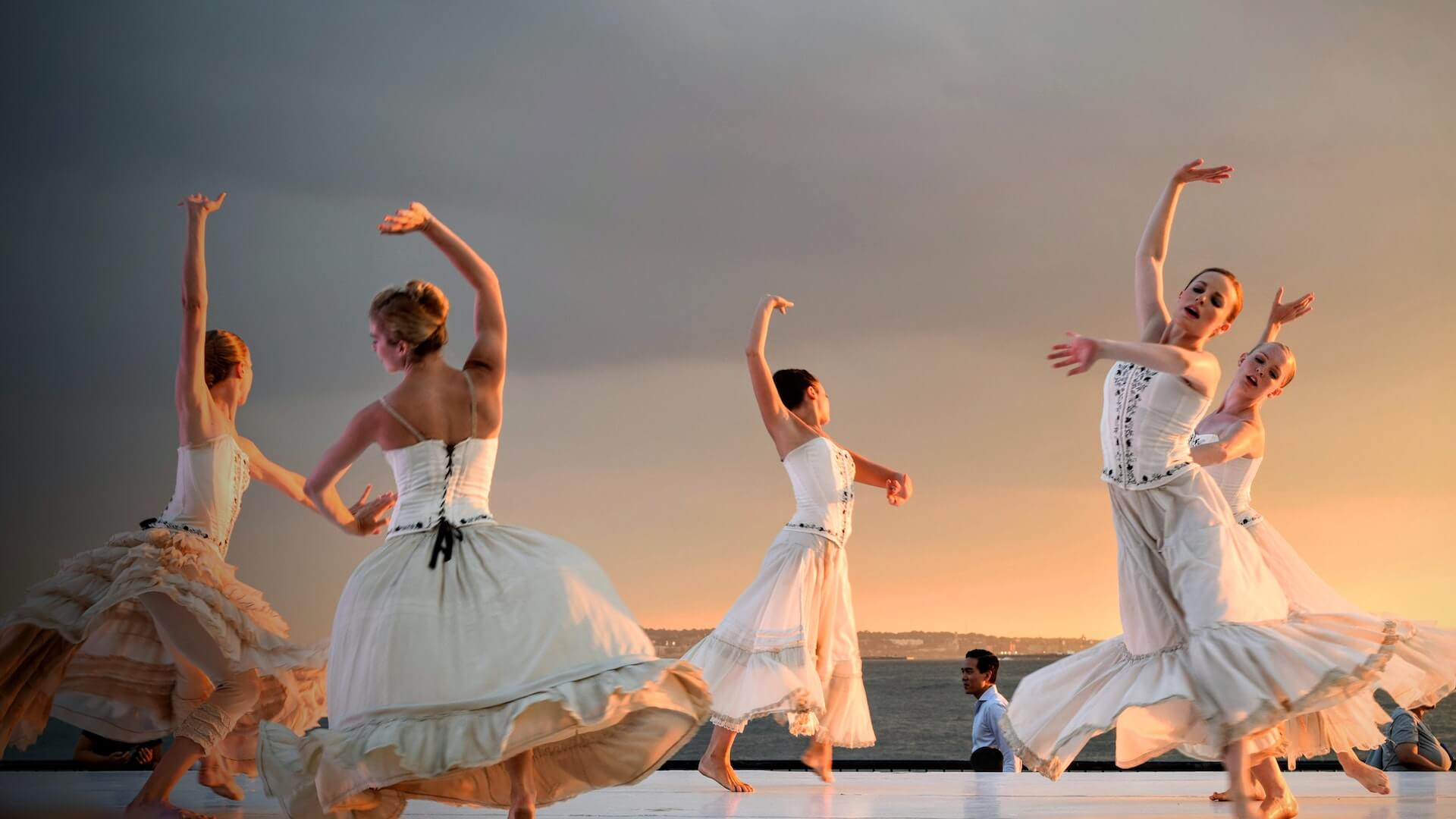Martial arts is more than just a physical activity or a form of self-defense. It’s a way of life that can help you become more disciplined, focused, and confident. Martial arts can teach you valuable life skills, such as discipline, self-control, and perseverance, that can be applied in all areas of your life. It’s not just about learning to fight or defend yourself; it’s about unlocking your potential as a human being and discovering what you’re truly capable of. In this post, we’ll take a deep dive into the world of martial arts, exploring its different styles, techniques, and philosophies. Whether you’re looking to take up a new hobby or seeking to improve your mental and physical well-being, this blog post will serve as your guide to unlocking the secrets of martial arts and embarking on a journey of self-discovery.
Introduction: The allure of martial arts and its deeper significance
Martial arts have long captivated the hearts and minds of people all around the world. From the graceful movements of Tai Chi to the explosive power of Muay Thai, these ancient practices have a universal allure that goes beyond mere physical combat. In fact, martial arts are about much more than fighting techniques; they are a profound journey of self-discovery and discipline.

At its core, martial arts is a way of life, encompassing not only physical training but also mental and spiritual growth. It teaches practitioners important values such as respect, humility, and perseverance. Through rigorous training and countless hours of practice, martial artists learn to cultivate not only their bodies but also their minds and spirits.
The allure of martial arts lies in its ability to transform individuals from the inside out. As practitioners embark on their martial arts journey, they delve deep into themselves, uncovering hidden strengths and pushing beyond perceived limitations. It is through this process that they not only become physically stronger, but also develop mental fortitude, emotional resilience, and a heightened sense of self-awareness.
Beyond the physical and mental benefits, martial arts foster a strong sense of community and camaraderie. Whether it be in a dojo, gym, or training center, martial artists come together to support and challenge one another. The bonds formed in these spaces are built on mutual respect and a shared passion for the art.
Throughout history, martial arts have been deeply intertwined with various cultures and traditions. From ancient Asian martial arts like Kung Fu and Karate to the indigenous fighting arts of different regions, these practices reflect the rich heritage and wisdom of their origins. As practitioners immerse themselves in the art, they not only learn the techniques but also gain a deeper appreciation for the cultural significance and history behind it.
The power of discipline: How martial arts instills discipline in practitioners
Discipline is a fundamental aspect of martial arts that sets it apart from other forms of physical activity. It goes beyond simply following a set of rules or adhering to a strict training routine. Martial arts instills discipline in practitioners at a deeper level, transforming it into a way of life.
In the world of martial arts, discipline is cultivated through rigorous training and adherence to the principles of respect, focus, and perseverance. Practitioners are required to show respect to their instructors, fellow students, and the art itself. This fosters a sense of humility and discipline that carries over into all aspects of life.
The focus required in martial arts is unparalleled. Whether it’s executing a precise technique, mastering a complex form, or sparring with an opponent, practitioners must be fully present in the moment. This level of concentration not only enhances their physical performance but also teaches them the importance of focus in achieving their goals outside of the martial arts studio.
Perseverance is another invaluable lesson that martial arts teaches. Progress in martial arts is not achieved overnight; it requires dedication, patience, and a willingness to overcome challenges. Through intense training sessions and pushing past their limits, practitioners learn to embrace the struggle and persevere in the face of adversity. This resilience becomes an integral part of their character, enabling them to tackle obstacles in other areas of life with the same determination.
The discipline instilled in martial arts practitioners extends beyond the physical aspects of training. It becomes a mindset that influences their daily routines, habits, and interactions with others. With discipline, they develop self-control, self-motivation, and a strong work ethic that propels them towards their goals.
Strength of body and mind: How martial arts develops physical and mental strength
Martial arts is not just about the physical aspect; it is a holistic discipline that trains both the body and the mind. The journey of practicing martial arts goes beyond punches and kicks, delving deep into the realms of discipline and self-discovery.

Physically, martial arts is known for developing strength, agility, and coordination. The rigorous training routines, which often include various forms of conditioning exercises, help build a strong and resilient body. Through consistent practice, practitioners witness their muscles growing stronger, their endurance increasing, and their flexibility improving. Each technique and movement performed with precision and power contributes to the development of physical strength.
However, the benefits of martial arts extend far beyond the physical realm. The mental aspect of martial arts is equally important and is often considered the true essence of the practice. Martial arts instills discipline, focus, and mental resilience in its practitioners. Through the constant repetition of techniques, the practitioner learns to concentrate and be fully present in the moment. This heightened focus not only improves performance but also carries over to other areas of life, enhancing productivity and concentration in everyday tasks.
Moreover, martial arts teaches individuals to overcome challenges and push through their limits. The mental strength developed through martial arts training enables practitioners to face adversity with determination and perseverance. The journey of martial arts is not always easy, and there will be moments of frustration and setbacks. However, the discipline and mental fortitude cultivated on the mat helps individuals push through these difficulties and emerge stronger.
In the realm of self-discovery, martial arts serves as a mirror that reflects one’s character and teaches valuable life lessons. The challenges faced during training reveal one’s true strengths and weaknesses. It forces individuals to confront their fears and insecurities, ultimately leading to personal growth and self-improvement. Martial arts becomes a vehicle for self-reflection, helping practitioners understand their own limitations, develop humility, and strive for continuous self-improvement.
Mindfulness and presence: The role of martial arts in cultivating mindfulness and being present
In the fast-paced world we live in, it can be challenging to quiet our minds and focus on the present moment. However, martial arts offers a unique opportunity to develop these essential qualities.
In martial arts, every movement and technique requires complete concentration and awareness. Whether it’s executing a punch, kick, or grappling maneuver, practitioners must be fully present in the moment, attuned to their body’s movements and the environment around them. This heightened state of awareness not only improves performance but also allows for a deeper connection between mind and body.
One of the key principles in martial arts is the concept of mindfulness – the practice of being fully engaged in the present moment without judgment. By training in martial arts, individuals learn to bring their attention to the here and now, leaving behind distractions and worries. This focused mindset not only enhances performance during training or competition but also carries over into everyday life.
Moreover, martial arts emphasizes the importance of being present in the face of challenges. Whether it’s sparring with an opponent or breaking through personal limitations, practitioners learn to embrace the present moment with courage and resilience. This mindset not only helps in overcoming physical obstacles but also cultivates mental strength and emotional fortitude.
In a world filled with distractions and constant stimulation, martial arts provides a sanctuary for individuals to tune into themselves and develop mindfulness. The practice encourages practitioners to let go of past regrets and future anxieties, channeling their energy into the present moment.
Self-defense and personal safety: The practical benefits of learning martial arts techniques
Learning martial arts goes beyond acquiring physical skills and techniques. It empowers individuals with a profound sense of self-defense and personal safety. In today’s world, where personal safety is a legitimate concern, knowing how to protect oneself becomes invaluable.
Martial arts training instills a heightened level of awareness and preparedness. Students learn how to assess potential threats, identify vulnerable areas, and react swiftly and effectively in dangerous situations. By honing their reflexes, balance, and coordination, practitioners gain a significant advantage when it comes to defending themselves.
Moreover, martial arts training equips individuals with essential self-defense techniques that can be applied in real-life scenarios. Techniques such as strikes, blocks, joint locks, and grappling techniques are taught in a controlled and safe environment, allowing students to understand the mechanics behind each move and practice them with precision. This knowledge not only increases confidence but also provides practical skills that can be utilized if ever faced with a threatening situation.
Beyond the physical aspects, martial arts also cultivates mental strength and resilience. Through disciplined training, practitioners develop focus, determination, and the ability to remain calm under pressure. These qualities are not only beneficial in self-defense situations but also in various aspects of life, such as work, relationships, and personal growth.
Building confidence and self-esteem: How martial arts empowers individuals and boosts self-confidence
One of the primary ways martial arts empowers individuals is through the mastery of techniques and the ability to defend oneself. As practitioners progress and develop their skills, they gain confidence in their ability to protect themselves and others. This newfound confidence extends beyond physical self-defense and permeates other aspects of their lives. They become more assertive, self-assured, and less afraid to take on challenges.

Moreover, martial arts training provides a supportive and inclusive community that encourages personal growth and self-improvement. In martial arts dojos or training centers, students are surrounded by like-minded individuals who share a common goal of self-improvement. This positive environment fosters a strong sense of camaraderie, support, and mutual respect. As students witness their own progress and the progress of their peers, they develop a sense of belonging and pride, which further enhances their self-esteem.
Martial arts also teaches individuals the value of perseverance and resilience. The journey to mastering techniques and advancing through the ranks is not always easy. It requires consistent practice, determination, and the ability to overcome setbacks. Through these challenges, practitioners learn to embrace failure as a stepping stone to success and develop a growth mindset. This mindset, coupled with the physical and mental strength gained from martial arts, empowers individuals to face obstacles with confidence and determination in all areas of life.
The spiritual aspect: Exploring the spiritual and philosophical elements of martial arts
In traditional martial arts disciplines such as Karate, Kung Fu, and Taekwondo, practitioners are exposed to a rich tapestry of Eastern philosophy and spirituality. These ancient teachings emphasize values such as respect, discipline, perseverance, and humility. By immersing oneself in the study and practice of martial arts, individuals embark on a path of self-reflection and inner exploration.
The spiritual aspect of martial arts goes beyond the physical realm. It delves into the realm of the mind and spirit, promoting mental clarity, emotional balance, and self-awareness. Through the practice of meditation, breathing exercises, and mindfulness techniques, martial artists learn to quiet their minds, focus their intentions, and connect with their inner selves.
Moreover, martial arts philosophies often incorporate concepts such as harmony, balance, and unity. These principles extend beyond the training mat and can be applied to various aspects of life. By internalizing these values, practitioners are encouraged to seek harmony within themselves, with others, and with the world around them.
Many martial arts also embrace the concept of “do” or “the way.” This refers to the lifelong journey of self-improvement and self-mastery. It encourages practitioners to continuously strive for personal growth, not just in their physical abilities but also in their character development. The pursuit of “do” becomes a guiding principle in all aspects of life, fostering a sense of purpose and direction.
Exploring the spiritual and philosophical elements of martial arts adds depth and meaning to the physical practice. It allows practitioners to connect with something greater than themselves and find purpose in their training. By integrating these teachings into their daily lives, martial artists can cultivate a sense of inner peace, resilience, and personal transformation.
Finding a martial arts practice that resonates with you: Different martial arts styles and how to choose the right one
When embarking on a journey into the world of martial arts, it is crucial to find a practice that resonates with you. With so many different martial arts styles to choose from, it can be overwhelming to determine which one is the right fit for you. However, with a little research and self-reflection, you can uncover the perfect martial art that aligns with your goals, interests, and personal preferences.

Firstly, it’s important to understand that each martial art style has its unique characteristics and focuses. Some styles, like Karate or Taekwondo, emphasize striking techniques, while others, such as Judo or Brazilian Jiu-Jitsu, focus on grappling and ground fighting. There are also styles like Kung Fu, Muay Thai, and Aikido, each with their own distinctive techniques and philosophies. Exploring the history, principles, and techniques of different martial arts can give you a better understanding of what each style offers.
To choose the right martial art, consider your goals and aspirations. Are you looking to improve your physical fitness? Are you interested in self-defense techniques? Or perhaps you are drawn to the philosophical aspects and spiritual growth that some martial arts offer. Understanding your motivations will help narrow down your options and guide you towards a practice that aligns with your intentions.
Additionally, consider your personal preferences and learning style. Some individuals may prefer the structure and discipline of traditional martial arts like Karate or Kendo, while others may enjoy the fluidity and self-expression of disciplines like Capoeira or Krav Maga. Trying out introductory classes or watching demonstrations can provide valuable insights into the atmosphere, training methods, and overall vibe of each martial art style.
Conclusion
Martial arts is not just about physical combat, but also about discipline, self-discovery, and personal growth. It is a journey that challenges both the body and the mind, and through this journey, individuals can tap into their inner strength and develop a sense of self-confidence. Whether you are a beginner or an experienced practitioner, martial arts offers endless opportunities for growth and self-improvement. Take that first step on your journey today, and see how martial arts can transform your life.



